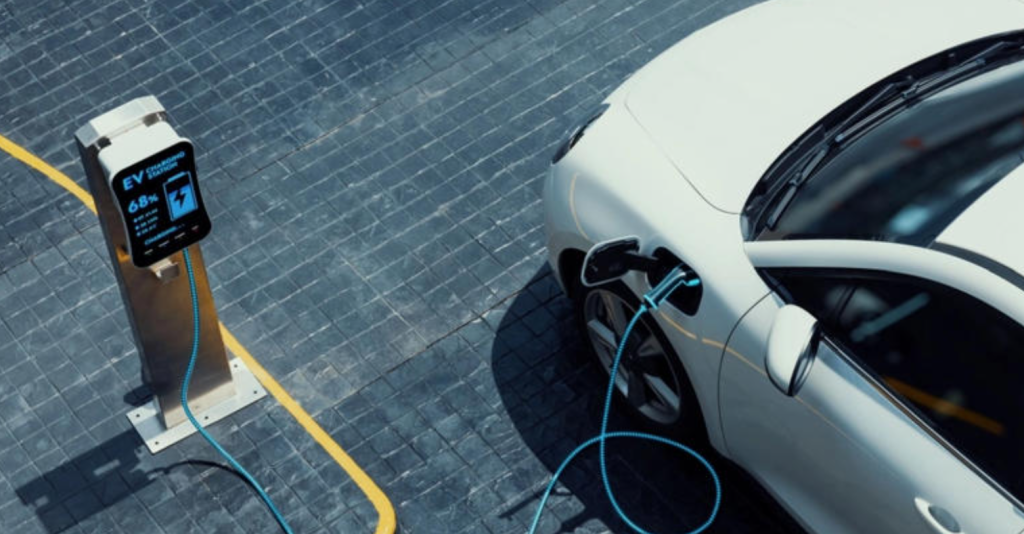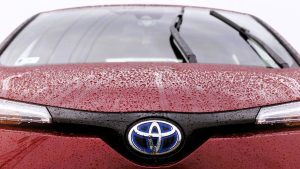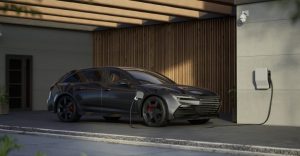Electric Cars May Pollute More Than Diesel.
Others are reading now
A recent study from the University of Southampton reveals that electric vehicles (EVs) may release more harmful particles than diesel cars — and it has nothing to do with tailpipe emissions.
Brake Dust Poses Serious Health Risks

Researchers found that particles from electric car brakes can be more toxic to lung cells than diesel exhaust, raising concerns about the hidden health costs of EVs.
Where the Pollution Really Comes From

While EVs produce no exhaust fumes, they still release pollution through brake dust, tire wear, and road surface friction.
Heavier Cars, More Particle Emissions
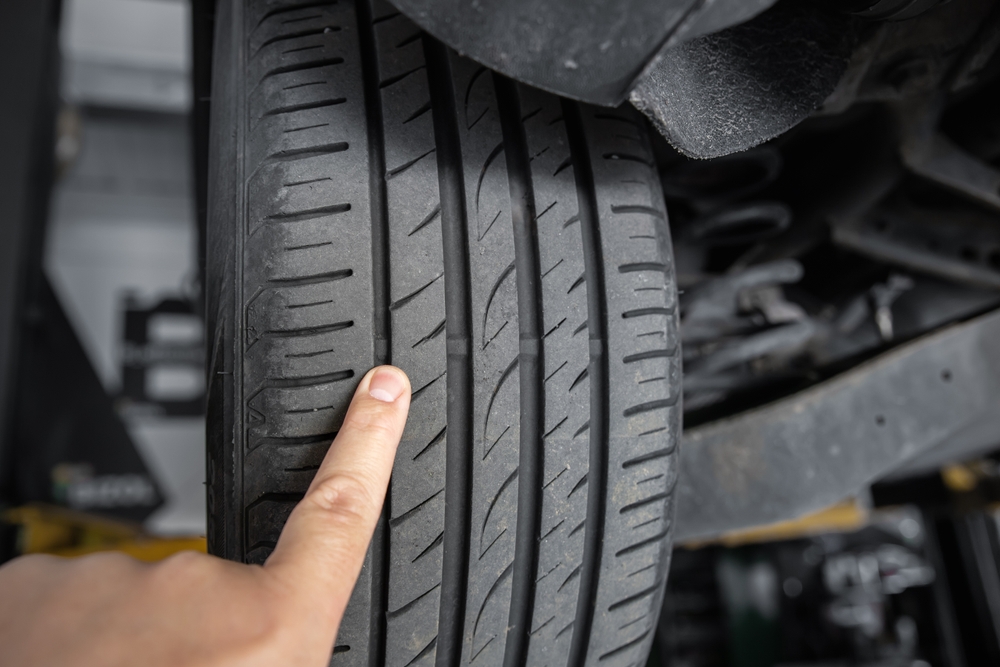
Also read
Non-Exhaust Pollution May Get Worse
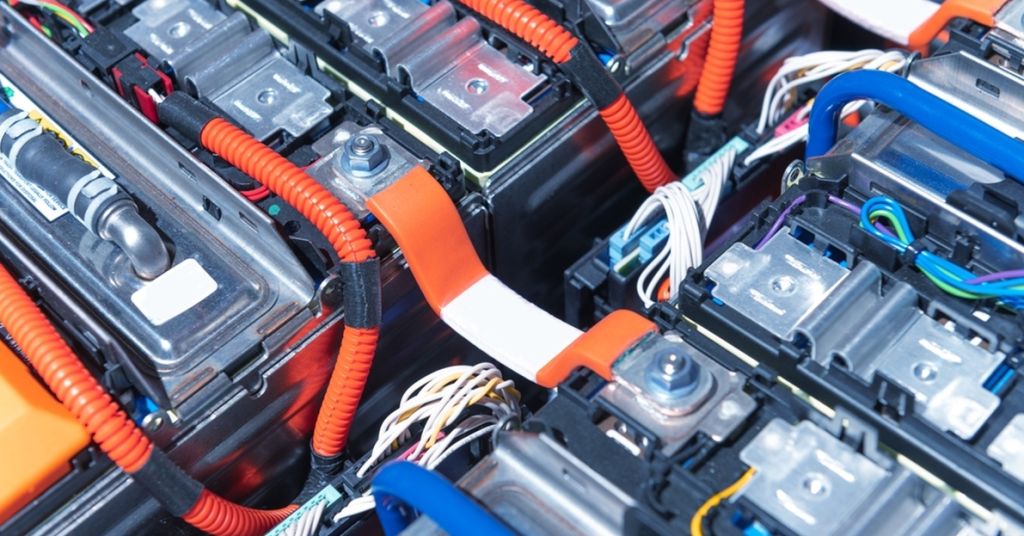
“As we shift from diesel and petrol-powered cars to electric cars, emissions of non-exhaust particulate matter will not disappear,” Loxham said.
“In fact, they could increase.”
Brake Pad Materials Matter
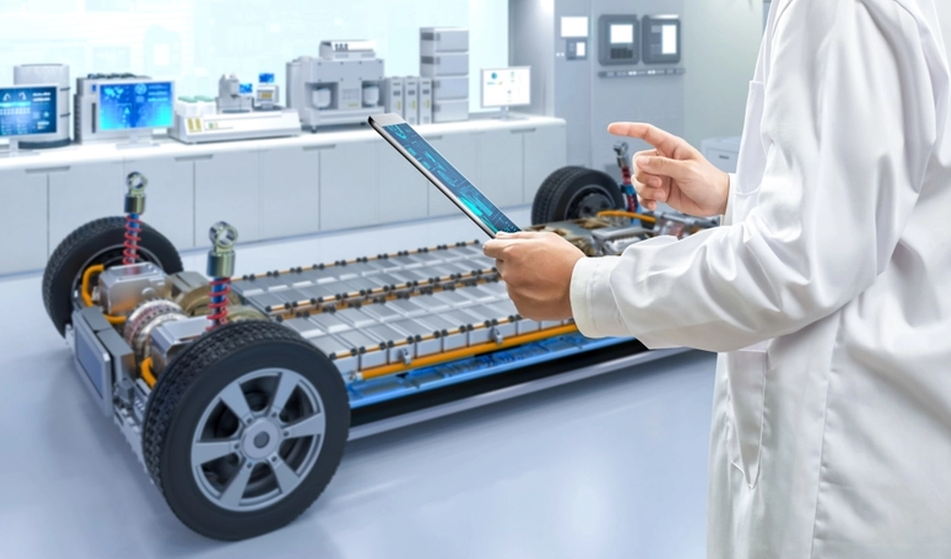
Brake dust from non-asbestos pads with high copper content was shown to be more harmful to lung cells than diesel exhaust.
Ceramic brake pads were the second most toxic.
The Danger of PM2.5
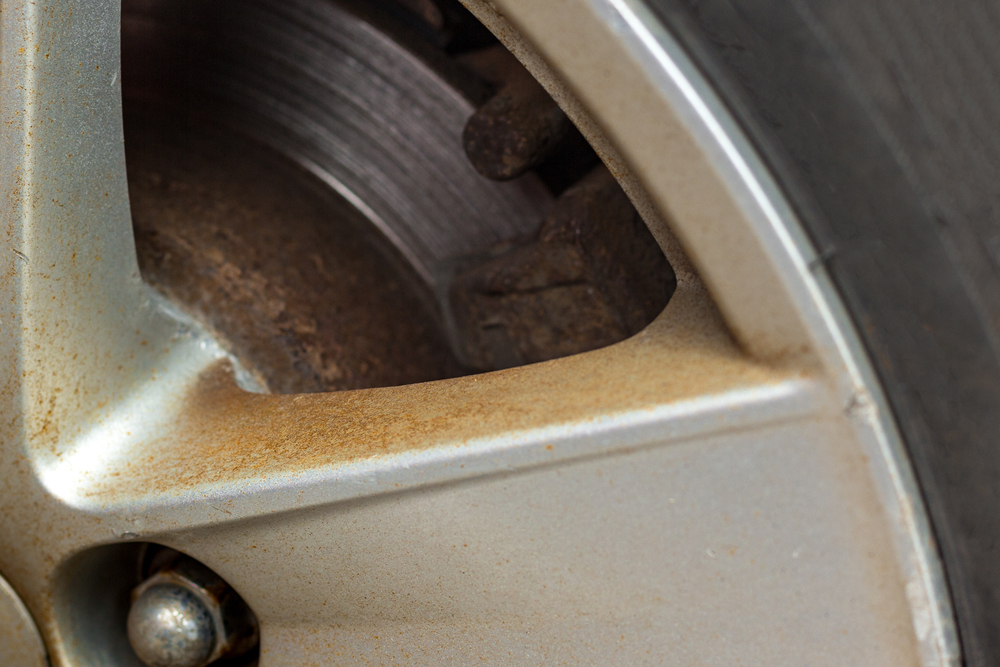
These ultra-fine particles, known as PM2.5, can enter deep into the lungs and bloodstream, contributing to millions of premature deaths annually worldwide.
EVs Aren’t as “Clean” as You Think
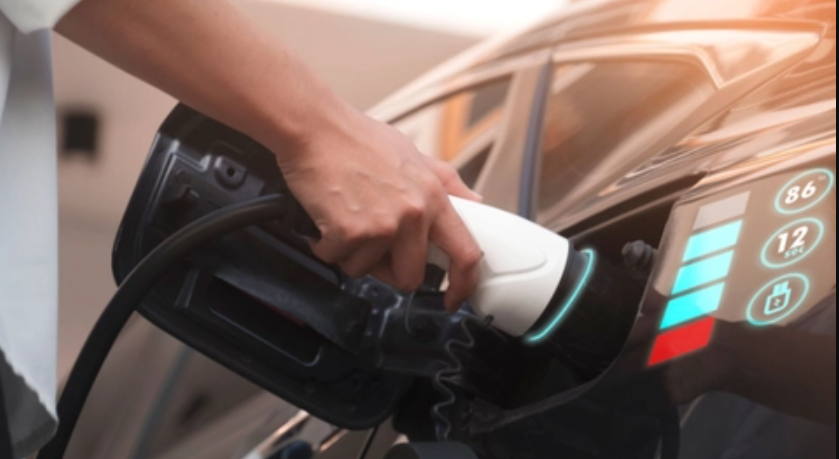
Lead author James Parkin noted:
“People generally associate pollution from cars with exhaust pipes… But electric cars still emit particles due to friction and wear.”
Government Policies Lag Behind

While regulations often focus on tailpipe emissions, there is little oversight or policy addressing pollution from brakes, tires, or road wear.
Are There Solutions?
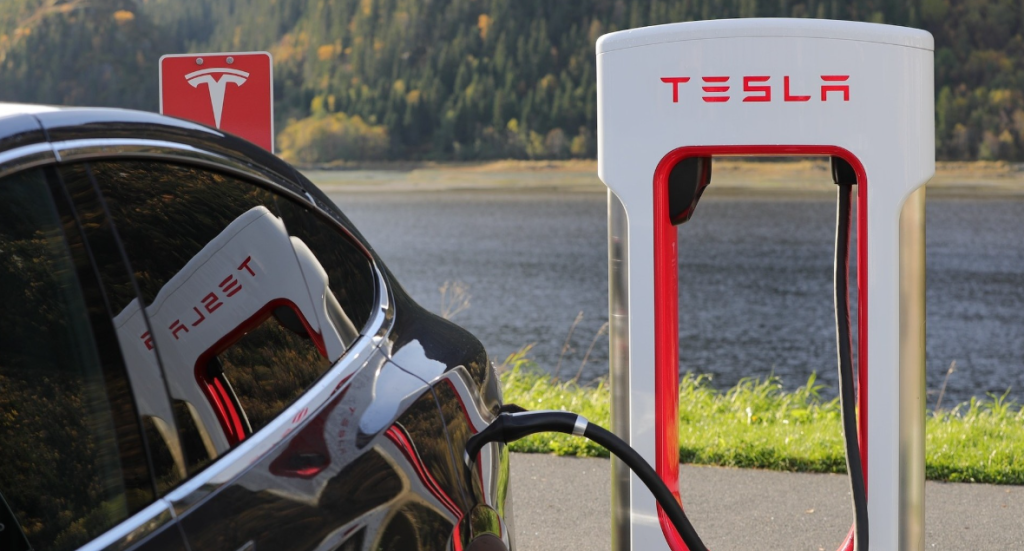
Some EVs use regenerative braking to reduce brake dust. But this only goes so far.
Mercedes Tests Nearly Dust-Free Braking

Mercedes is developing a new system that uses the electric motor itself for braking, potentially eliminating 98% of brake dust emissions by avoiding contact with the brake disc.

